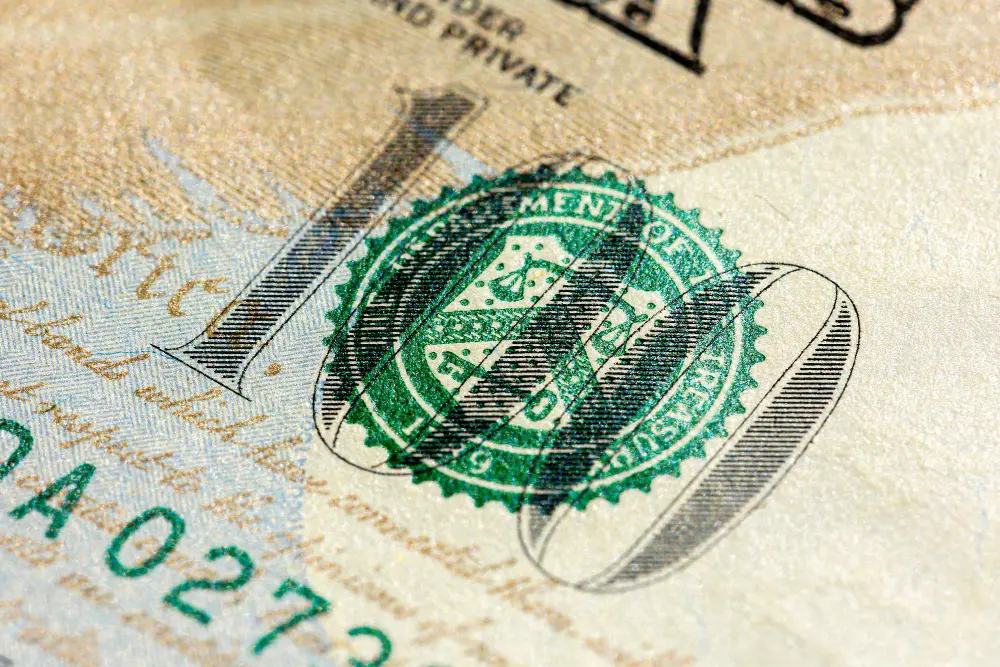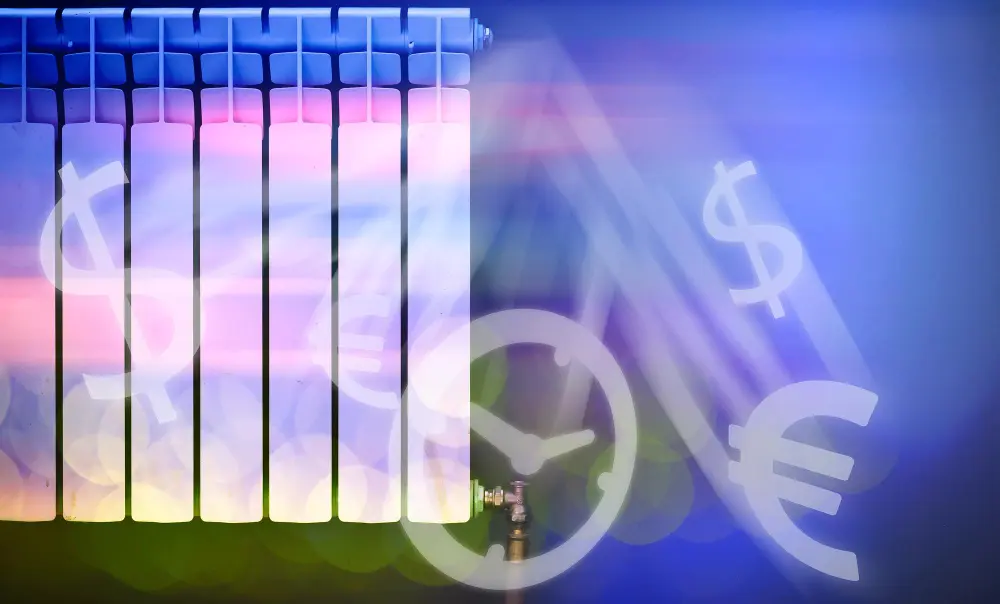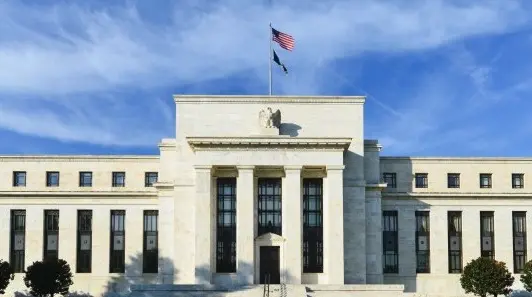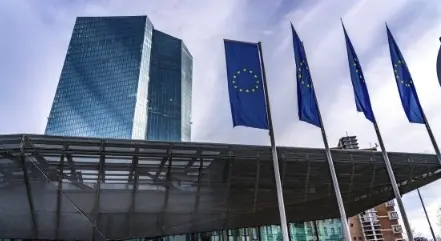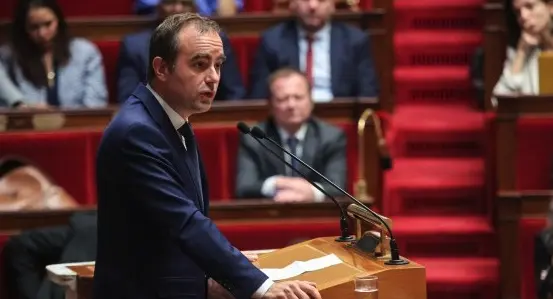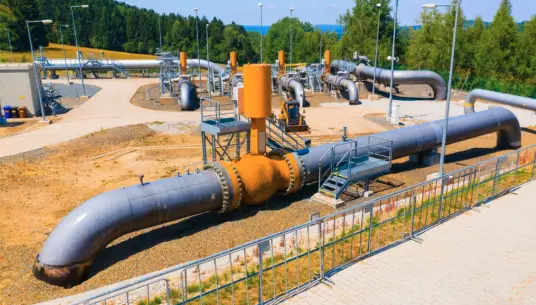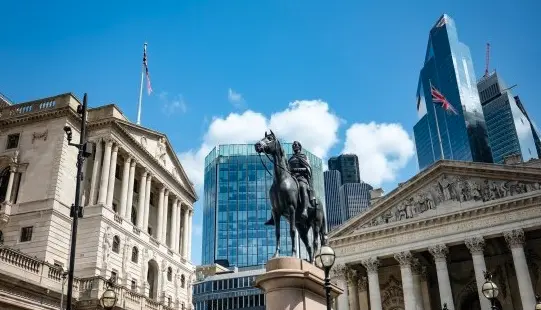No, the eurozone's inflation story isn’t changing much at the moment. Headline inflation ticked up mainly on energy base effects as energy inflation increased from -2% to -0.4% in September. This will likely fade again in the coming months, which means that this small flare-up of inflation can largely be ignored.
In fact, we expect inflation to slightly undershoot the European Central Bank's target of 2% in the months ahead. Energy prices have been falling again, and euro strength adds to lower import prices at the moment. Besides that, wage growth is expected to moderate further in the coming quarters. The latter will likely mute inflationary pressures in 2026, but is not set to have a big impact on core inflation as of yet.
The core inflation outlook for the coming months remains very steady. Businesses in manufacturing and services don’t show large moves in selling price expectations. Core inflation was stable at 2.3% in September, and it seems reasonable to expect this measure to decline very slowly in the coming quarters. All of that makes it easy for the ECB to decide on rates later this month: steady as she goes.

